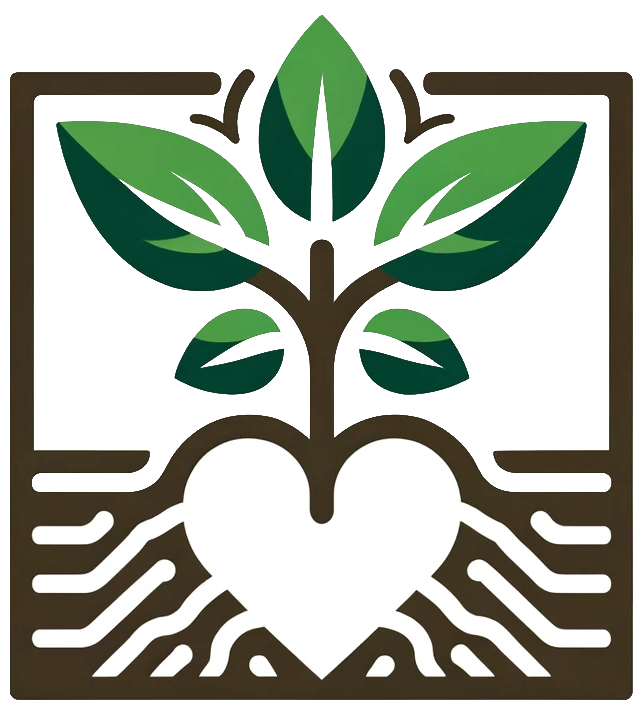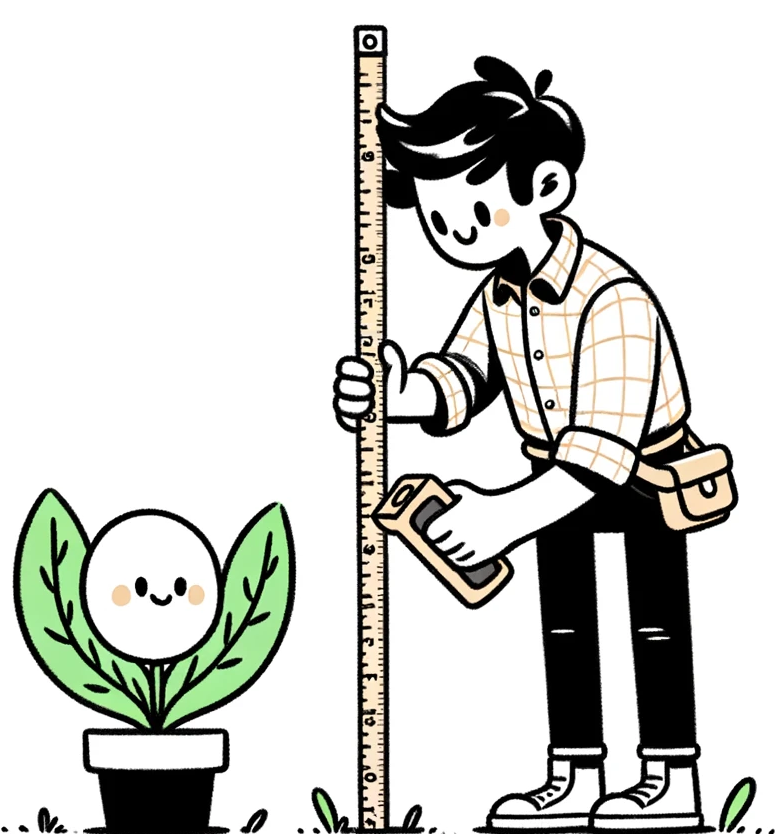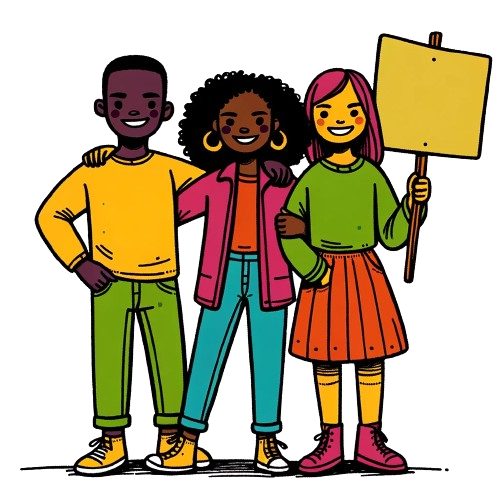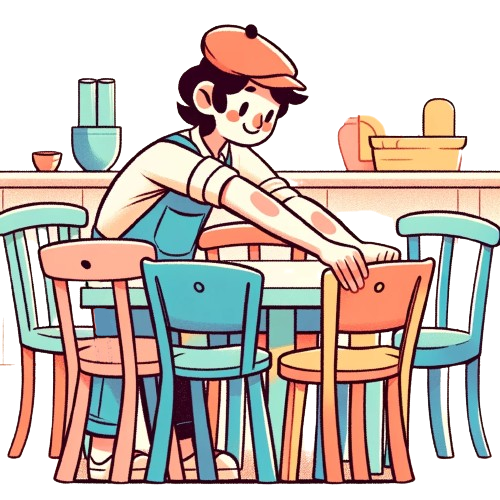"At once radical and sensible, with the potential to mitigate a great deal of sadness and pain."
—ANDREW SOLOMON, author of Far From the Tree
Relationships add immense value to our lives, yet the work of nurturing those relationships is all too often under-recognized and under-resourced.
Relationality is for people who believe in the power of relationship but who struggle inside of institutions that cannot see that power. It equips professionals, activists, and community organizers with the knowledge they need to fight for resources and build organizational cultures that center the work of building relationship.
The book includes:
- A history of why so many institutions fail to effectively invest in relationship
- A framework for discussing effective measurement and impact reporting for relational work
- A call to repair lineages of relational wisdom that have been extracted from and forgotten
- A guide to creating the conditions for relationship that draws from both scientific research and established organizing practice
- A vision for how the world might radically change if those who nurture relationship are rewarded for the value that they create
With isolation and loneliness on the rise, Relationality offers a roadmap toward a world of abundant connection: one where individuals, organizations, and democratic societies know how to invest in the relationships they need to thrive.
Relationality is published by North Atlantic Books and is available wherever books are sold.






